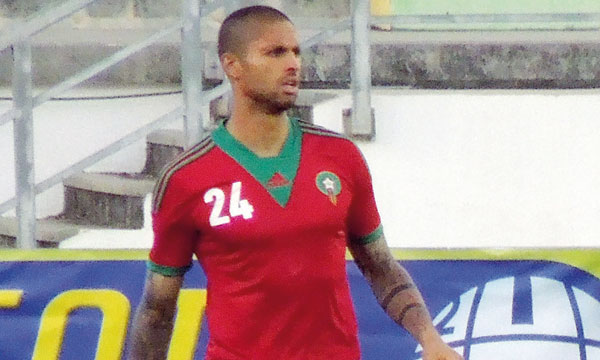In a surprising turn of events at the 2016 African Nations Championship (CHAN) in Rwanda, Nigeria failed to advance to the quarter-finals. The Super Eagles, bronze medalists in the previous edition, were unable to secure their spot, bowing out after a narrow 1-0 loss to Guinea. The decisive goal came from Ibrahima Sory Sankhon in the 44th minute, leaving Nigeria with little time to respond and ultimately ending their hopes of progressing in the tournament.
Despite the elimination, Nigeria coach Sunday Oliseh maintained a composed perspective, expressing pride in his young squad. “Personally, I am proud of my boys. They tried, they fought and delivered a good image of Nigerian football. They were beaten, I don’t think it was a question of tactics. They were unable to show the true measure of their qualities,” Oliseh stated in a post-match interview with Cafonline. The coach highlighted the unpredictable nature of football, noting that there are days when everything goes right and others when even the best efforts fail to yield results.
Oliseh also emphasized the youth and potential of his squad. Many of the players are still developing, and the experience gained in Rwanda will be valuable for their future careers. “Players are not machines. Mine are young. They still have a lot to learn,” he added. The coach’s remarks underline his belief in the team’s long-term growth despite the immediate disappointment of the elimination.
The loss to Guinea was a hard-fought match, with the Super Eagles showing flashes of quality but ultimately unable to break down a disciplined Guinean defense. Nigeria had previously collected four points in the group stage, including a 4-1 victory over Niger and a 1-1 draw against Tunisia, which had positioned them favorably going into the final match. However, Guinea’s tactical discipline and opportunistic scoring proved decisive, leaving Nigeria outside the quarter-final bracket.
While the outcome is undoubtedly disappointing for fans and players alike, Oliseh’s measured response provides hope for the future. He stressed that the tournament offered valuable lessons, particularly in resilience, teamwork, and adapting to high-stakes situations. The young Nigerian squad, despite its early exit, gained critical experience that will serve them in upcoming competitions, and Oliseh remains committed to guiding their development.
In conclusion, Nigeria’s 2016 CHAN campaign ended earlier than expected, but the Super Eagles leave Rwanda with lessons learned and a sense of pride. While the team’s performance in the quarter-finals fell short, the promise of their young players remains, and with continued development, Nigeria can look forward to stronger showings in future tournaments. Sunday Oliseh’s confidence in his squad’s potential suggests that this experience, though disappointing, may serve as a stepping stone for the next generation of Nigerian footballers.









